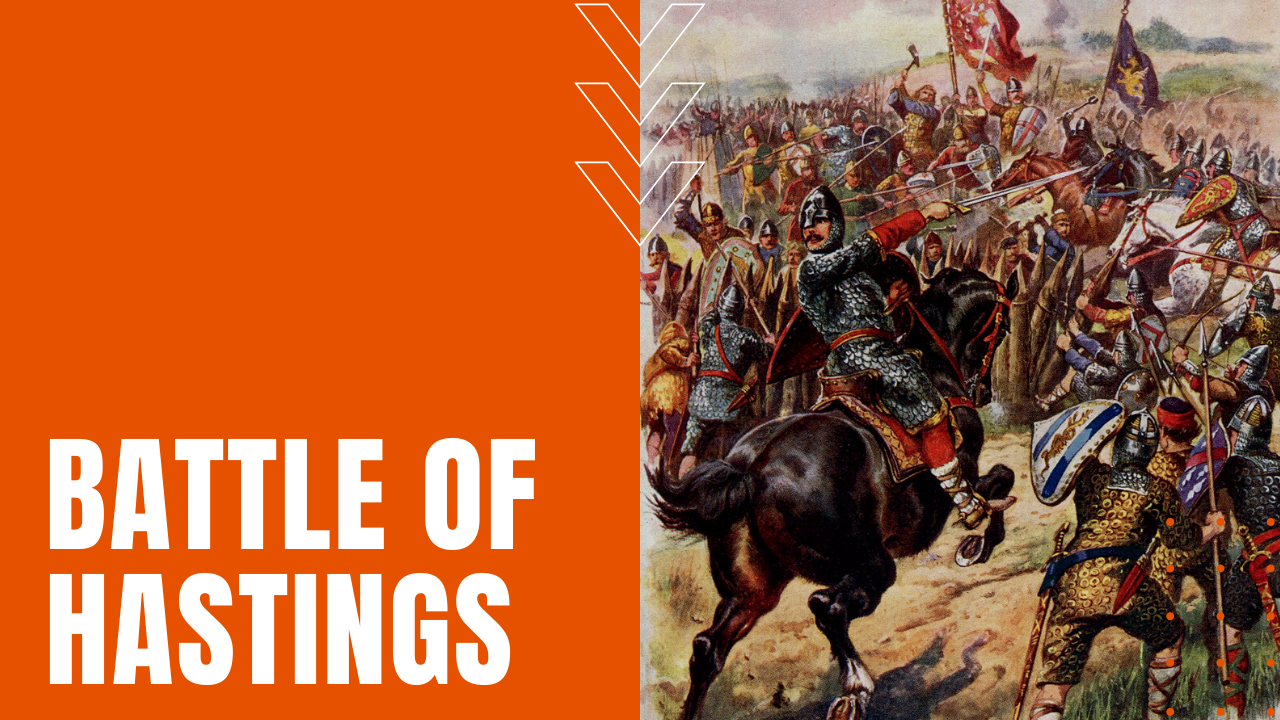Battle of Hastings 1066

On September 28th, 1066—two weeks before the decisive Battle of Hastings—the Duke of Normandy, William the Conquerer, invaded England with claims to the English throne, which had been promised to him by the childless Anglo-Saxon King Edward the Confessor.
According to Norman historians, Edward had promised to make William an heir, but on his deathbed, he had a change of heart and passed the kingdom on to the last Anglo-Saxon king of England, Harold Godwinson, head of a leading noble family purported to be more powerful than the king himself.
Where was the Battle of Hastings?
William landed at Pevensey on the southeast coast of England, supported by thousands of troops, archers and cavalrymen. After seizing control of Pevensey, he then marched to a location seven miles northwest of Hastings, where he paused to regroup his forces. In the meantime, Harold marched toward William’s encampment, hastily drafting men along the way that provided him with infantrymen only, leaving him at a profound disadvantage without archers or cavalrymen. Harold arrived with his army on October 13th, leading his forces out to battle the following morning, which turned into a stunning, all-day battle from 9:00 A.M. to dusk.
Early efforts by the invaders to break the English battle lines proved ineffective, prompting the Normans to adopt a tactic of pretending to flee in panic, before turning on their pursuers and wiping them out. According to legend, Harold was killed by an arrow to an eye, leading to the subsequent retreat and defeat of most of his army. Casualty figures remain in dispute, but most conservative estimates place the death toll at 2,000 Normans and 4,000 Englishmen.
First Norman King of England
While the Battle of Hastings saw the crowning of the first Norman king of England on Christmas Day, 1066, Britain’s submission to the Norman Conquest would have a lasting impact on the English language, culture and cuisine. French was soon the language for nobles in the king’s court, and over the coming centuries of French-Norman rule over England, the English language would be infused with untold new words and nuances, making the Battle of Hastings a turning point moment in the history of England.
